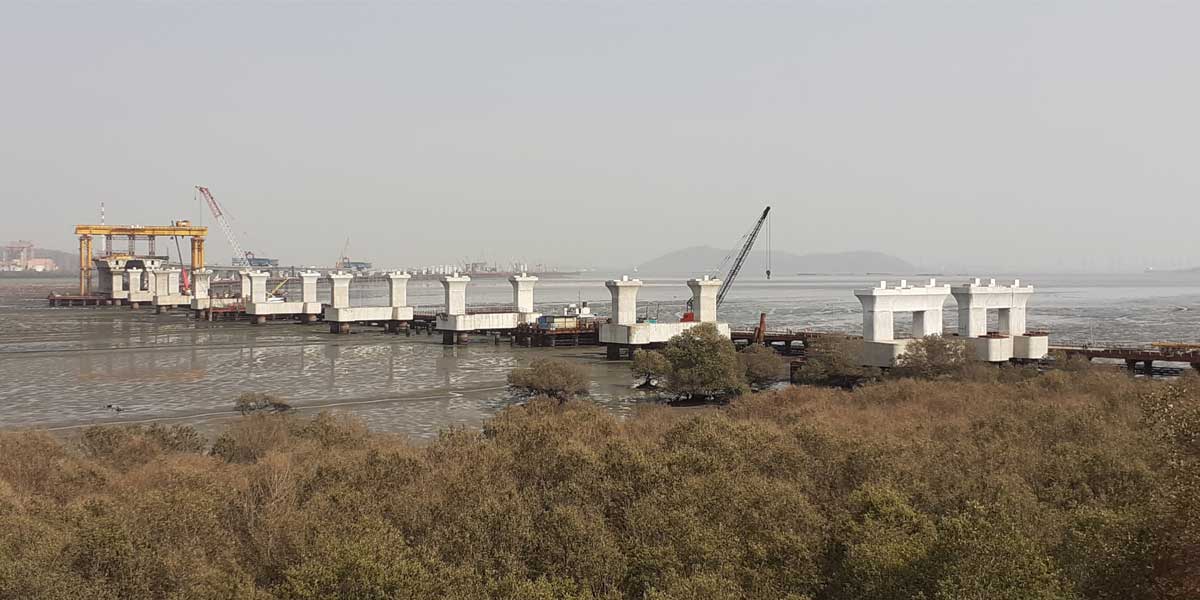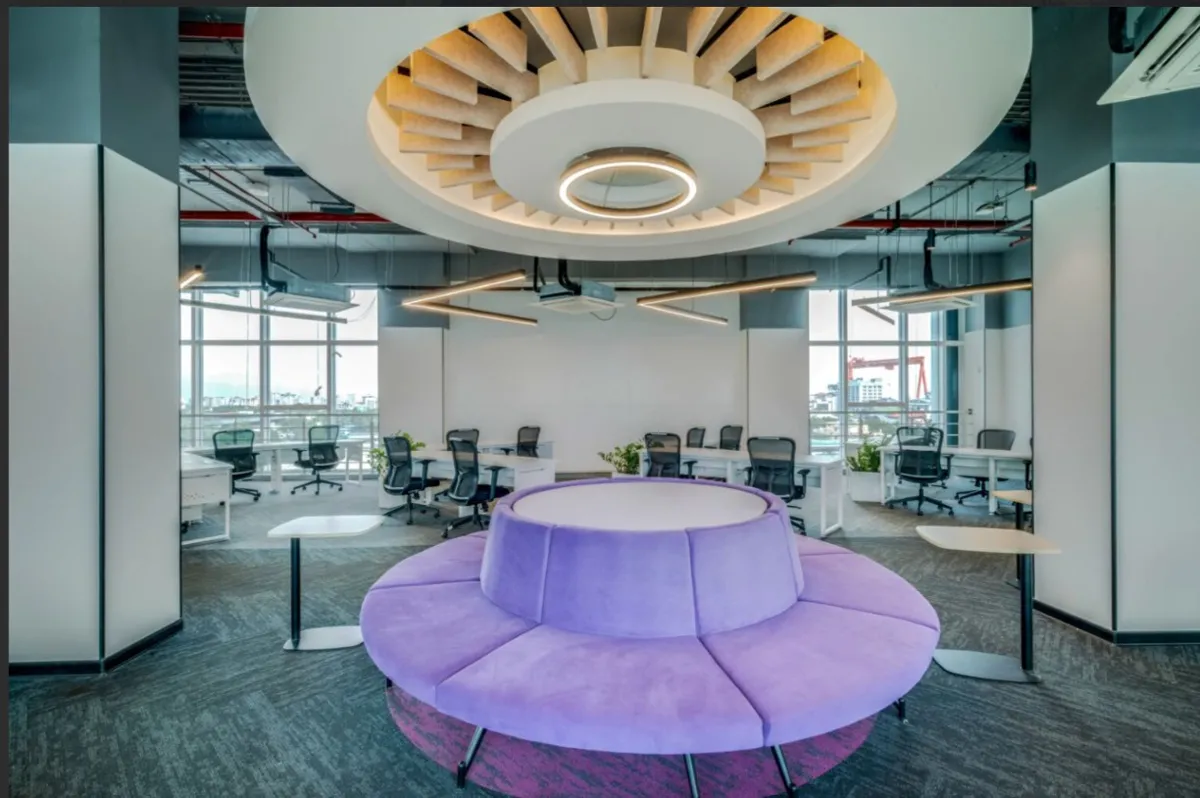
India's Longest Sea Bridge Faces Rs 500 Usage Fee Hike

Godrej Interio Powers Kerala Metro Projects
Interio by Godrej, a flagship furniture and turnkey solutions brand from the Godrej Enterprises Group, has expanded its presence in Kerala’s infrastructure development landscape by securing and executing projects worth more than ₹90 crore in Kochi. The portfolio includes a Rs 690 million Electrical & Mechanical (E&MVAC) work order from Kochi Metro Rail (KMRL) for Phase 2 of the Kochi Metro, along with the successful completion of a Rs 240 million design-and-build project for Kerala State Information Technology Infrastructure (KSITIL) at Kochi’s Infopark.Speaking on the milestone,..

Gartner Recognises Newgen as Niche Player
Newgen Software, a global provider of AI-enabled end-to-end automation solutions, announced that it has been recognized as a Niche Player in the 2025 Gartner® Magic Quadrant™ for Business Orchestration and Automation Technologies (BOAT). The recognition reflects Newgen’s ability to execute and the completeness of its strategic vision.The Gartner report evaluated 20 global vendors to guide enterprises in selecting the right business process automation platform. According to Gartner, BOAT is a unified software platform that enables enterprise-wide automation through capabilities such as pro..

Commercial Hubs Lead Amid Wider Diversification
India’s top ten office micro-markets continued to dominate absorption in Q3 2025, accounting for 70 per cent of total demand. However, their share has steadily declined from 82 per cent in Q3 2024 and 80 per cent in Q2 2025, reflecting a clear shift toward broader geographical diversification. Overall, these key markets recorded 13.9 million sq ft of absorption in Q3 2025—down 10 per cent year-on-year and 8 per cent sequentially—despite an increase in pan-India absorption.The diversification of demand is supported by improved intra-city connectivity, wider availability of Grade-A and sus..
















